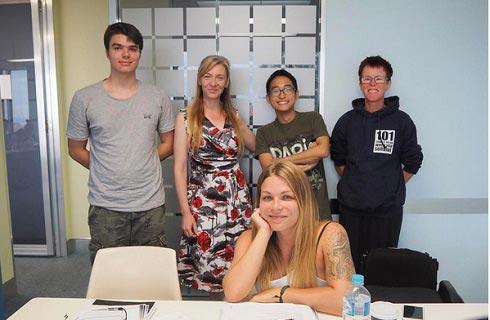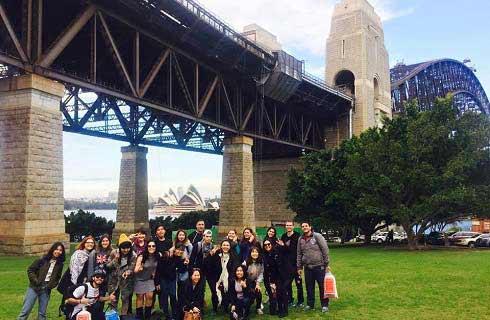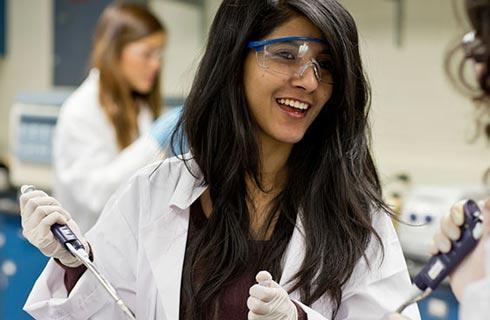国际学生入学条件
AAB at A Level . A Levels must include A2 Mathematics (use of Mathematics is not an acceptable A Level) and at least one other Science/Technology subject (or equivalent qualifications). In addition to A2 Mathematics, A Levels must include at least one of the following: Biology, Chemistry, Materials Science, Physics, Mathematics, Mechanics, Dynamics, Architecture or General Engineering.
136 UCAS tariff points from a combination of Level 3 qualifications.
The minimum for IELTS is 6.0 overall with no element lower than 5.5, or equivalent will be considered acceptable.
TOEFL iBT - 80
展开
IDP—雅思考试联合主办方

雅思考试总分
6.0
了解更多
- 雅思总分:6
- 托福网考总分:80
- 托福笔试总分:160
- 其他语言考试:PTE Academic requirement - 51 (minimum 51 in each component)
CRICOS代码:N463
申请截止日期:请 与IDP联系 以获取详细信息。
课程简介
We all naturally have the desire for ourselves, family and friends to lead a long and healthy life. Medical Engineers play a vital role in healthcare sector from designing, developing, maintaining, and improving components in medical instruments, rehabilitation, prostheses or joint replacements. So if you're looking for a rewarding career that really makes a difference to people's lives this course could be for you. The course begins by covering the fundamentals of Mechanical and Electronic Engineering, such as electronics, mechatronics, mechanics and robotics so you're confident in the basics. You'll learn through EnABLE (Engineering in an Activity Based Learning Environment), our new initiative that provides you with an opportunity to work in teams with other students to solve real engineering challenges and develop skills relevant to industry. Then in your second year we'll introduce you to anatomy, specifically gait analysis, which is the study of joint biomechanics and the movement of the legs and feet during walking and running. You'll look at material properties, learning how materials are selected to operate in the challenging environment of the human body. You'll also learn how medical imaging technologies work, with hands on experience of X-Ray machines, CT scans and Ultrasonic technologies, which are used in daily clinical practice. Human disease and injury will be covered in your third year, we'll get you thinking about the consequences and potential diagnosis options. You'll also look at the range of individualised medical devices, and their mechanical design techniques, which includes 3D printing solutions. We want to help you go on to become a leader, so during the final year of your integrated Master's you'll study modules relating to management. We take a broader view of the commercial aspects of the industry, and you'll study project management, as well as delving deeper into the range of technologies at the cutting edge of healthcare, for example, Virtual Reality (VR), robotics, the Internet of Things (IOT) and big data mining and analysis.<br><br>Duration - 4 years full-time and 5 years including placement year
展开




































